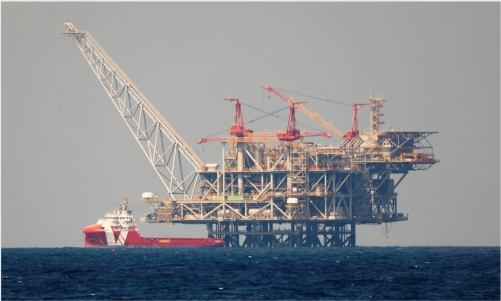Israel-Turkey gas pipeline discussed as European alternative to Russian energy
Agencies | Ankara/Jerusalem
The Daily Tribune – www.newsofbahrain.com
A Turkey-Israel gas pipeline is being discussed behind the scenes as one of Europe’s alternatives to Russian energy supplies, but it will take complicated maneuvering to reach any deal, government and industry officials in both countries say.
The idea, first conceived years ago, is to build a subsea pipeline from Turkey to Israel’s largest offshore natural gas field, Leviathan. Gas would flow to Turkey and on to southern European neighbors looking to diversify away from Russia.
Turkish President Tayyip Erdogan said last week that gas cooperation was “one of the most important steps we can take together for bilateral ties,” and told reporters he was ready to send top ministers to Israel to revive the pipeline idea that has lingered for years.
A senior Turkish official told Reuters talks have continued since Israeli President Isaac Herzog visited Ankara earlier this month and “concrete decisions” could follow in coming months on a proposed route and participating entities.
Industry officials are more circumspect, however, saying production restraints and geopolitics could leave the plan dead in the water. The Leviathan field already supplies Israel, Jordan and Egypt. Its owners - Chevron (CVX.N) and Israeli firms NewMed Energy and Ratio Oil (RATIp.TA) - plan to crank up production from 12 to 21 billion cubic meters (BCM) a year. By comparison, the European Union imported 155 billion cubic meters of Russian gas last year, covering close to 40% of its consumption.
Much of the extra gas output will be liquified and exported on ships to Europe or the Far East, according to NewMed. Its chief executive said last month Turkey could become a destination too, but needed to put “skin in the game” and commit to building the pipeline. Israeli Energy Minister Karine Elharrar told Ynet news on Sunday many considerations had yet to be discussed, including the finances. “It needs to be found economically feasible, which is not something self-evident,” she said.
Related Posts

